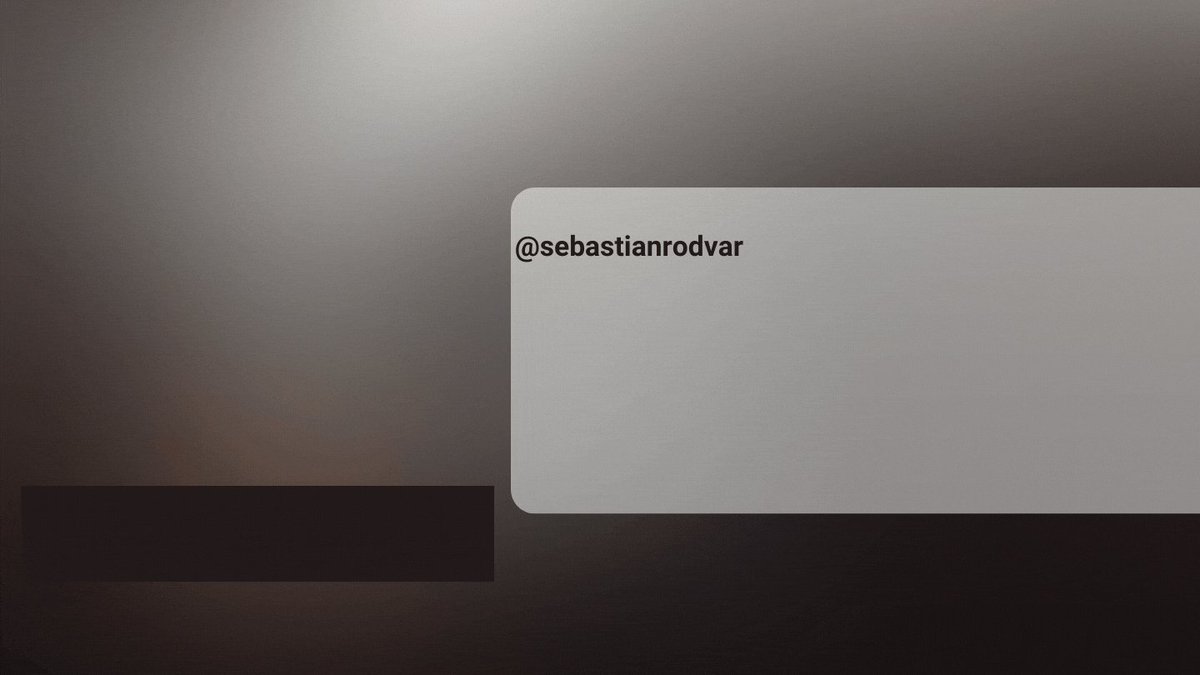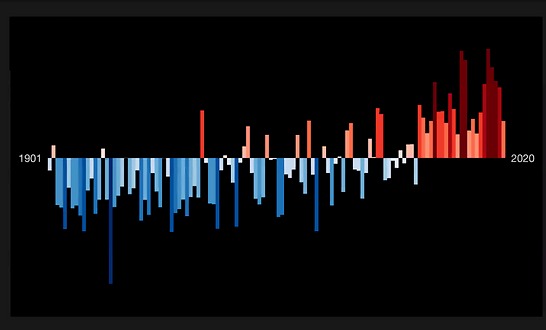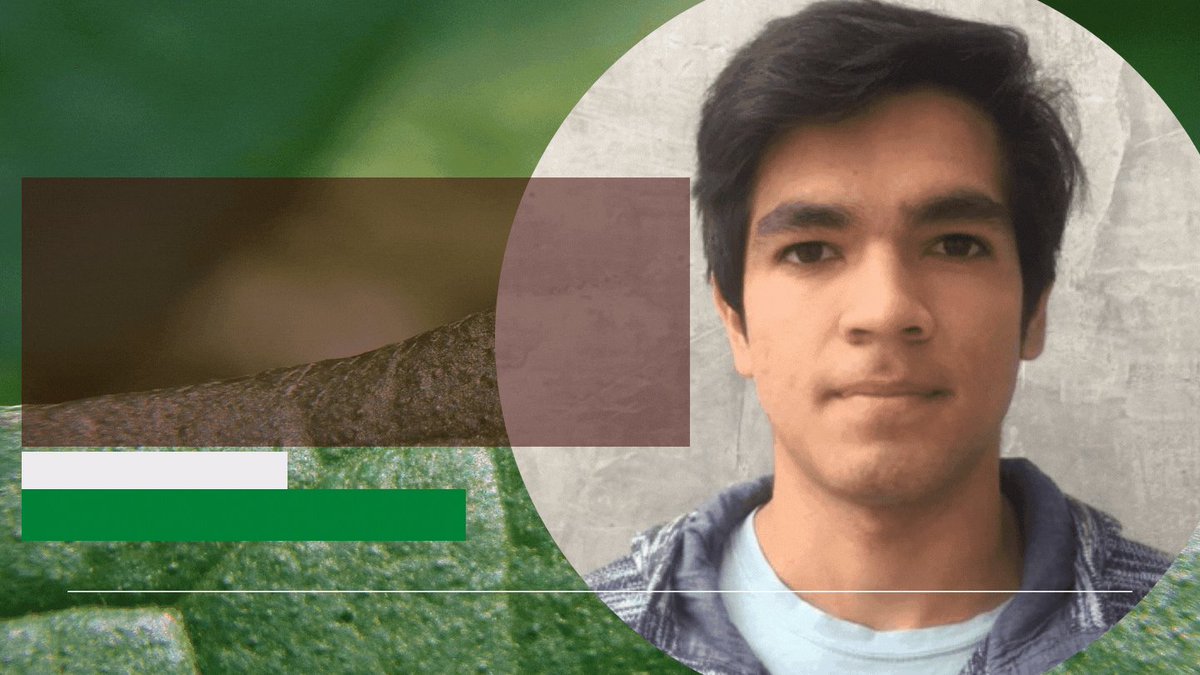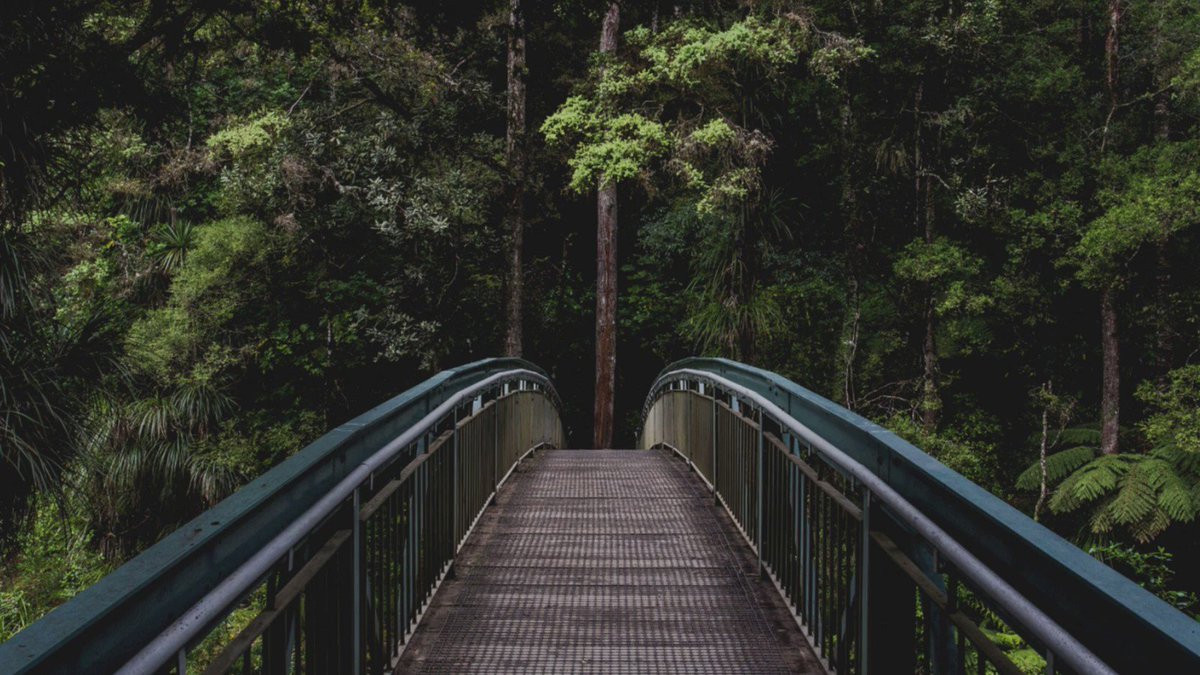Akshit Gupta
6:03
6:07
6:08
6:12
6:16
6:19
6:20
6:24
6:26
6:29
6:34
6:37
6:38
6:42
6:43
6:45
6:50
6:59
6:59
7:04
7:06
7:06
7:13
7:14
7:16
7:23
7:24
7:28
7:36
7:38
7:38
7:40
7:40
7:50
Connecting…

